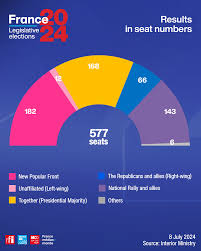
The main story is the RN’s advance, not an NFP victory.

With Radioactive Radicals, Dan La Botz has written a bold and unique novel that is ultimately a novel of questions and uncertainties.
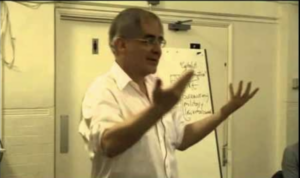
Loren Goldner, activist and writer, passed away in Philadelphia on April 12, 2024. We first met through exchanging letters in July 1997.
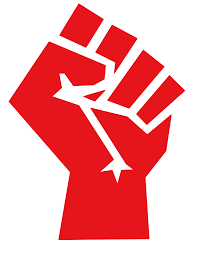
In this panorama, different organizations and collectives of the independent left see the need to form an Independent, Anti-capitalist and Anti-Patriarchal Left Bloc to strengthen the organization and mobilization independent of the government and the right.
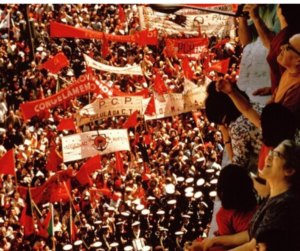
The Portuguese revolution began 50 years ago. Labor historian Raquel Valera looks back at the events of 1974-75 and their legacy for the working class and left today.
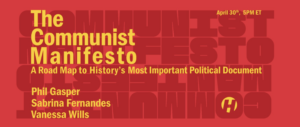
Join Phil Gasper, Sabrina Fernandes, and Vanessa Wills as they discuss the continued relevance of the Communist Manifesto in today’s political landscape.
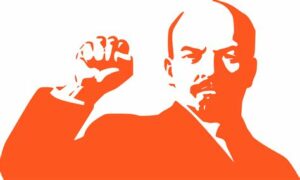
A century after Lenin’s death, scholars and leftists continue to discuss the life and legacy of the leader of the Russian Revolution. But a fundamental question remains largely unanswered. What did Soviet citizens themselves think of Lenin?

John Marot critically reviews a collection of essays written by Communist dissidents in 1920-22 in opposition to the New Economic Policy, translated by Simon Pirani.
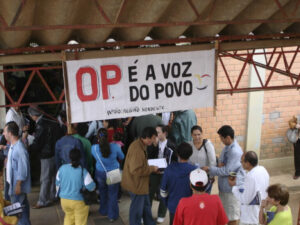
Gar Lipow proposes use of revocable proxies in representative democracy and neighborhood assemblies based on participatory democracy.
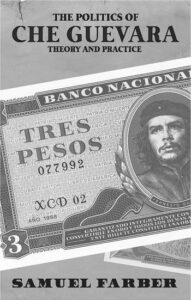
Samuel Farber defends his critique of Che Guevara as an anti-democratic figure that undermined the socialist cause in Cuba.
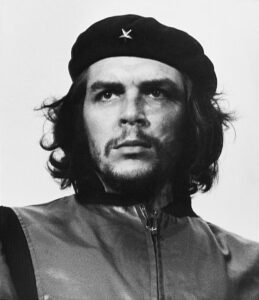
Janette Habel and Michael Löwy defend the political and intellectual legacy of Che Guevara as a Marxist, against Samuel Farber’s critique.

Charles Post assesses Neil Davidson’s posthumous book on neoliberalism, which makes a key contribution to the Marxist analysis of contemporary capitalism.
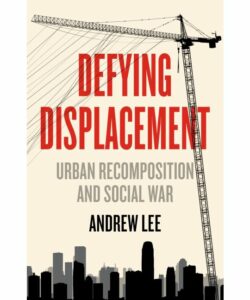
Andrew talks through the organizing reality of confronting housing as both a commodity and a human necessity.

American politics are in turmoil, all of politics in the broadest sense.
In the White House, in the Congress, in the courts, in state governments, in communities urban, suburban, and rural, in labor and social movements, and in the streets. . . .

Socialists need to use the growing working class surge to get beyond the dead end of mainstream electoral politics.
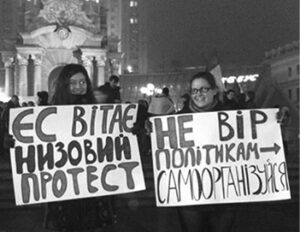
The author (right) on Kyiv’s IndependenceSquare. December 2013.
In early December 2013, I found myself on Kyiv’s Maidan Nezalezhnosti (Independence Square), holding a sign reading “Don’t Believe Politicians—Self-Organize!” as part of a protest with a small group of student activists. Weeks . . .
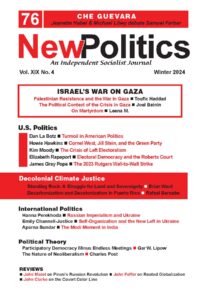
We are living in awful, yet hopeful, times. As we go to press, several wars are raging. One of them, Israel’s ferocious assault on Gaza and its systematic, genocidal massacre of Palestinians, is exacting a greater civilian toll than any . . .

Joel Beinin, Emeritus Professor at Stanford, discusses the politics of the Palestinian left and Hamas, and the US policies in Israel/Palestine.